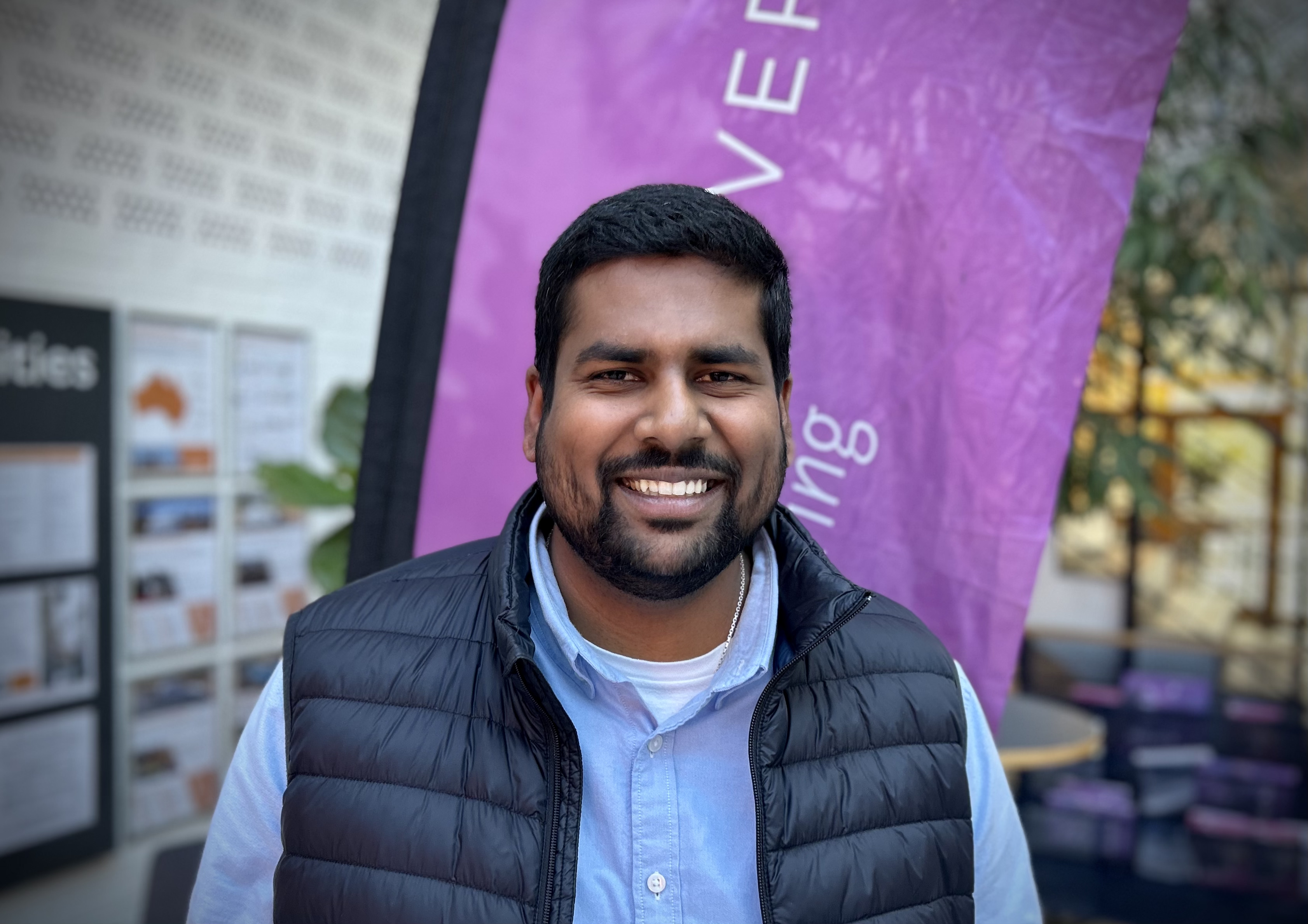
Prince Chacko Johnson, PhD in Business Administration
"Start small to achieve big"
The rapid development of artificial intelligence involves much more than a technical change.
—Organizations are deeply challenged but there are also great opportunities, says Prince Chacko Johnson, whose new dissertation thesis is part of AFAIR.
To investigate how companies are responding to expectations, pressures and opportunities in the rapid development of AI, Prince has analyzed a large number of annual reports from large Swedish companies and thousands of articles about AI from around the world. Three main adaptation paths emerge clearly in the thesis, which is linked to the AFAIR project. One group of companies uses AI primarily to comply with requirements and reporting obligations imposed on them. Another group has begun to approach AI for competitive reasons and is using the new technology to get more benefit from the data they already have in their operations. There is also a smaller, third group of companies that are actively engaged in the development and are trying to influence rules and norms around AI and participate in the broader dialogue on policy and innovation. To help organizations understand how to take the next step, Prince has developed his own framework: the Institutional Digital Adaptation Model (IDAM) that describes how companies can navigate the demands, expectations, and opportunities of adopting AI. The IDAM helps companies see where they are in their AI journey and how they can move forward—from following regulations and competitors to helping shape the future of their industry.
Hidden knowledge becomes new opportunities
When it comes to using AI to sharpen the organization, Prince highlights a fascinating but often overlooked opportunity – to rediscover the knowledge that already exists in the business. He describes an exciting detective work where the new technology can capture and structure information that may have been “gathering dust” for many years or completely forgotten.
—For decades, countless problems have already been solved in a company, the answers are there – somewhere. With the help of AI, companies are now trying to collect all this knowledge in order to reuse it. They scan old handwritten notes, digitize technical reports and analyze emails or messages between engineers. The result is something like an “internal Google”, a system that makes hidden skills visible and strengthens the organization, he explains.
Prince says his research shows that adapting to AI is not primarily about algorithms or software. It’s about leadership, trust, and the ability to use technology meaningfully. The research also shows that concerns about AI have decreased after concepts linked to the technology began to appear in the analyzed texts in 2014.
—Many companies say they want to work with AI, but few know how. If you don’t have the skills, you need to acquire them. Find partnerships, set aside time, and start small. AI will eventually touch everything, but the key is to begin— take one challenge at a time and start small to make the big leap.
Congratulations to Prince Chacko Johnson for successfully defending his doctoral thesis in Business Administration, titled “New Wineskins for New Wine: Institutional Change and AI-Driven Digitalization”.


